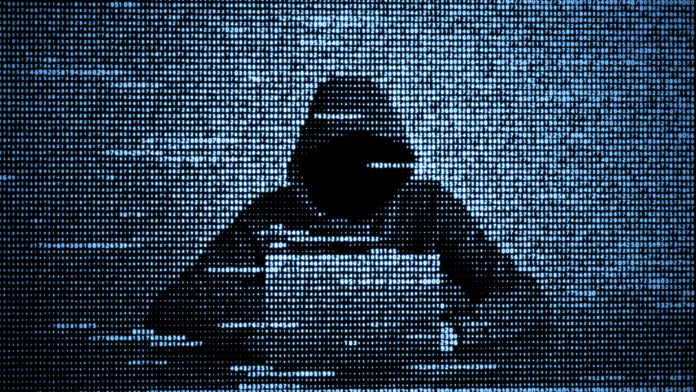It feels like every week a new story breaks about the shady activity going down somewhere within the deep, dark web.
Recently, it was reported by the BBC that Covid-19 vaccines and vaccine passports were being sold on the dark web, with prices ranging between £360 and £540 for a vaccine that may or may not be a vial of pure bleach.
For many of us, the dark web is something of an urban fairy tale. A mythical place which we hear about, but don’t have any inclination to visit. But for others—a great deal of others, it turns out—the dark web is not only something they’ve heard about, but something they want to access for themselves.
New data released by Uswitch has uncovered which countries around the world are the most intrigued by the dark web, with no prizes awarded to the country that comes out on top.
The USA is the most intrigued by the dark web, followed by India and the UK. That makes the UK the top European country where people are the most interested in dipping their toe into the dark web pool, with almost 80,000 people looking to get access every month.
Behind the UK for the most searches related to accessing the dark web in Europe is France at 61,600, Italy at 49,590, and then Turkey and the Netherlands at 33,150 and 27,430 respectively. That means, if you add both Turkey and the Netherlands together, you still don’t get as much perverse intrigue in the dark web as the Brits.
However, the US alone produced more than 382,000 searches involving the dark web each month, almost as much as the entirety of Europe, searching for terms such as ‘how to access the dark web’.
It turns out, people know it’s wrong to try to access the dark web, too, with attempts to hide their tracks apparent. Browsers such as Tor, Waterfox and Wonix are among the most popular used when users are up to no good, with Tor being used by over 900k users looking to access the dark web a month.
The internet can be creepy enough as it is, without needing to dive into the dark web rabbit hole. Remember to stay safe out there.
Here’s a few tips on keeping safe online:
- When making online payments, check the website is safe. Secure sites start with ‘https’, which means they have an SSL certificate (this enables websites to have a secure connection from the server to a browser). Look out for the padlock symbol in the search bar before you make a purchase.
- Ensure your virus software is up-to-date. If you don’t have adequate antivirus software, your details could be hacked without you realising.
- Don’t overshare. Keep your passwords varied, using a range of characters in upper and lowercase, and include symbols. This makes your password stronger and less likely to be hacked.
- Don’t click on a link or open an attachment from anyone you don’t trust, whether that’s in an email, text, or on a website.
- Reduce the amount of personal information you share online. This could include your birthday, a pet’s name, or your address, as these details could be used for fraud.”
Check out Uswitch’s dark web data here.







